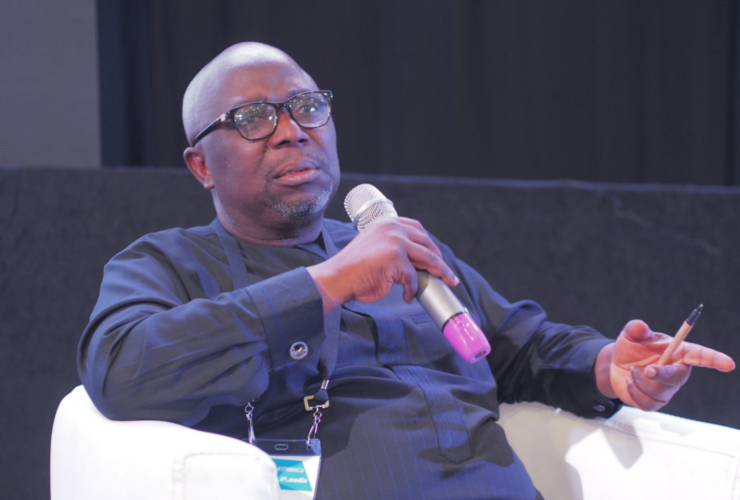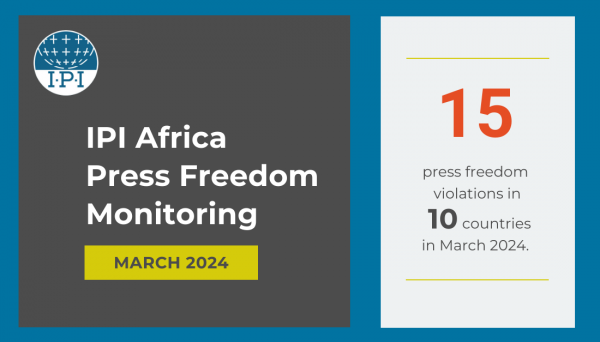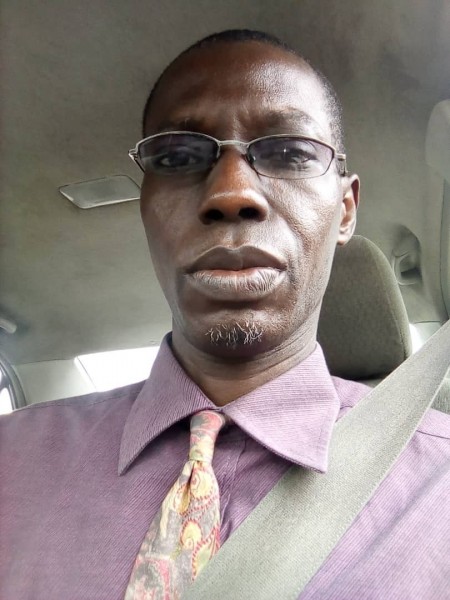The International Press Institute (IPI), a global network of editors, media executives and leading journalists, welcomed today’s release of Nigerian journalist Samuel Ogundipe on bail but demanded that all charges against him be dropped.
Ogundipe was arrested by Nigerian police on August 14 after the his newspaper, the Premium Times, published a report sent by the country’s inspector general of police (IGP) to Vice President Yemi Osinbajo, who is currently serving as acting president. The report detailed the actions of the former director of Nigeria’s State Security Service (SSS) in relation to an incident in which SSS operatives blocked lawmakers from entering the National Assembly on August 7. The police are demanding that Ogundipe reveal his sources for the IGP report.
The Premium Times reported that Ogundipe was released this morning after posting bail in the amount of N500,000 (around 1,215 euros).
“The prosecution of Samuel Ogundipe is a form of harassment against a journalist who has been carrying out his work professionally and in full respect of the principles included in the Code of Ethics for Nigerian journalists”,* IPI Executive Director Barbara Trionfi said. “The confidentiality of sources is universally acknowledged both as a duty and a right of journalists, as it is a necessary precondition for journalistic work.”
She added: “International principles and treaties, including the 2002 Declaration of Principles on Freedom of Expression in Africa adopted by the African Commission on Human and Peoples’ Rights in 2002 and which represents an important milestone for media freedom in Africa, sets clear obligations on African Union member states to guarantee the confidentiality of journalistic sources.”
In arresting and prosecuting Ogundipe, the Nigerian government has also violated Article 66 of the Treaty of ECOWAS signed in Lagos in 1975, which requires member states to “ensure respect for the rights of journalists”, Trionfi added.
In June of this year, Nigerian President Muhammadu Buhari, inaugurating the 67th IPI World Congress in Abuja, said that “good journalism promotes good governance”. He added: “In an environment where fake news dwarfs investigative reporting, good journalism matters”.
“Unfortunately, President Buhari’s words do not resonate in the actions of the police, and investigative journalism still faces great obstacles today in Nigeria”, Trionfi said. “The article published by the Premium Times is an example of good investigative reporting. Nigerian officials should cherish this type of journalism and so send a clear message about their serious intention to fight corruption and wrongdoing in the country”.
Arresting journalists and asking them to disclose their sources has become a pattern in Nigeria. In April 2013, two journalists of the Leadership newspaper were detained for several days after they refused to disclose their sources. In March of this year, Tony Ezimakor, Abuja bureau chief of the Independent, was arrested and pressed to reveal his sources after he reported about the government’s allegedly paying ransom to Boko Haram for the release of kidnapped girls. He was later released without any charges.
The arrest of Ogundipe comes amid deepened scrutiny of press freedom in Nigeria. During the World Congress, IPI raised the case of Jones Abiri, editor of a weekly who had been in the custody of the security services for nearly two years without charges. The government accused Abiri of being a terrorist and denied that he was a journalist. Thanks to pressure from IPI and other international press freedom organizations, along with reports published in the Nigerian media establishing that Abiri is a journalist, the security services produced him in court last month and he was released on bail on Wednesday. The magistrate hearing the case has cautioned the prosecution that the case against Abiri will be dismissed if it does not produce proof of evidence.
*The statement was edited on 20 August to correct the reference to the Code of Ethics. Earlier it read as “the Code of Ethics of the Nigerian Press Council”.



